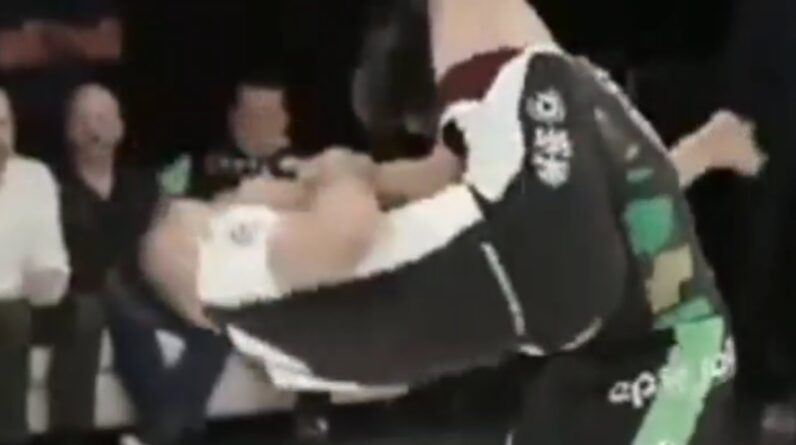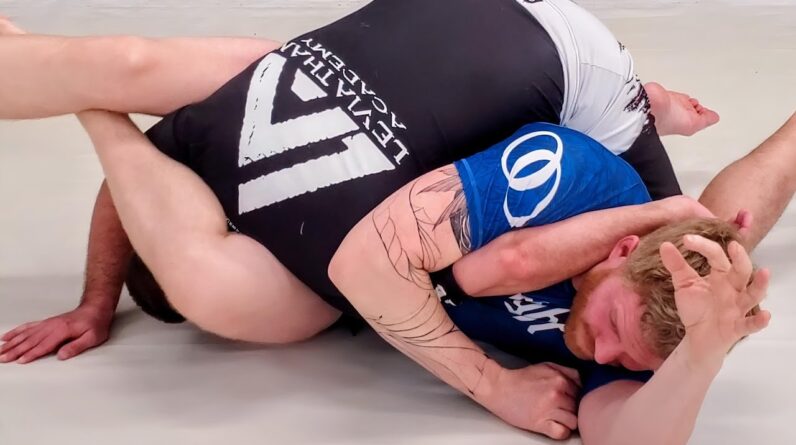DESHI-IRI – ‘Becoming a Student of an authentic Ninpo Warrior Martial Arts Teacher’
In 1979, Soke Masaaki Hatsumi, grandmaster of the nine martial traditions that make up the core training of the Warrior Concepts Mastery Programs, wrote a book entitled Mono-no-Mikata, Kangae-Kata [“Ways of Seeing, Ways of Thinking.”] In it, he wrote a section called Deshi-iri which, translated from Japanese, means “Becoming a Student” or, more literally, “Entering an Apprenticeship.”
I’m sure that many of you have noticed that, in my articles, I write more about mental aspects than anything else. The purpose for this is that you should realize the importance of your attitude before you enter martial arts training, especially the kind of authentic warriorship training that I focus on in my programs, as opposed to the general or conventional kicking/punching sport-activity that so many get involved with these days.
Unlike today, the traditional means for a person to be accepted as a student of a warrior master were quite different. Today, a person enrolls in the training and, from day-one, the teacher says, “Fine, step this way” or “do this technique like this.” But, according to Hatsumi-sensei, imagine that an aspiring student, someone hoping to learn the martial arts, comes to the dojo hoping to train. The teacher of the dojo did not accept that student immediately. He decides whether to admit him or her after watching them on repeated visits, burning with the desire to become a student, and observing their attitude. So, that type of person would be accepted.
Students in the mastery leadership and SWAT instructor training programs at Warrior Concepts should remember that a recommendation was necessary and certain criteria had to be fulfilled before we even sat down to discuss your becoming a full student under me. Still, this is different from the traditional training in that a teacher usually did not teach Budo right away.
This “trial” period may have lasted several months or even years. The new person was made to clean the dojo, wash his senior’s training clothes, work on the meals and cooking, and run errands. It was only once the teacher recognized that this person’s personality could put up with these mundane inconveniences, that he was taught the martial arts and put through the often remorseless training on a regular basis.
When I say that this training is not for everyone, I’m not just talking about it in a sport or preferential way…
..like basket-weaving is for some and ice hockey for others.
Especially here in the West where we have been taught that, if we are a paying consumer, we can get whatever we want…
..the business has to prove itself.
No, what I’m talking about is the difference between someone who wants to do something because it “looks neat” and someone who feels so compelled to do something that they will endure whatever they have to along the way to fulfilling that desire.
Training in Budo (“martial ways”) is tough.
Those who lack a martial artist’s insight are either dismissed or eventually fade away. This is not meant to be cold or uncaring, it’s just the way it happens. Teachers can see who has the potential within them and who does not…
..regardless of what any one particular person says or does to try to prove otherwise.


